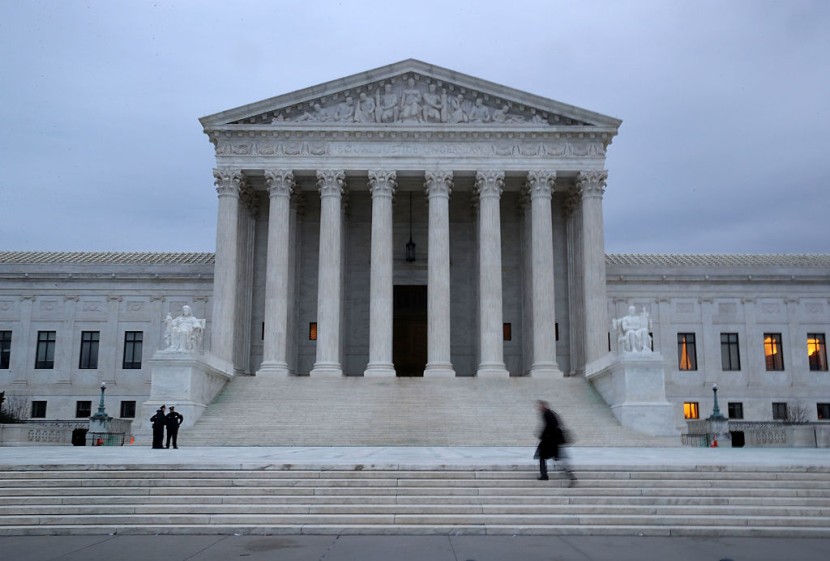
The Supreme Court has agreed to the efforts by the Trump government to consider an appeals court ruling that nullified pilot programs in New Hampshire and Arkansas that required Medicaid recipients to work.
SCOTUS to Reconsider Medicaid Work Requirements
The court responded on December 4 by granting petitions for review appealed in two related cases, Azar v. Gresham and Arkansas v. Gresham, and integrated them.
The SC agreed to review whether the Trump government could enable states to impose work requirements in its Medicaid programs.
The government had asked the justices in July to reinstitute its notable approvals of state work requirements waivers. The administration contends it could assist certain beneficiaries in its transition to private policies, possibly leading to improved health and help states conserve financial resources to offer coverage to individuals in need.
Aside from Arkansas and New Hampshire wanting to continue programs ceased by lower courts, numerous other states said they would like to impose similar requirements.
In February, a uniform and ideologically varied panel of the United States Court of Appeals for the DC Circuit ruled that President Donald Trump's health officials had been arbitrary and fickle in enabling Arkansas to establish a Medicaid program named "Arkansas Works" two years ago.
The Supreme Court would deliberate if Medicaid work requirements upheld by the White House should be supported.
On December 4, the Supreme Court stated it would hear the case "Azar v. Gresham" No. 20-37.
With work requirements suspended in Michigan and most other places, attention would reportedly turn to the Supreme Court, reported ACA Signups.
Earlier this year, when Congress elevated Medicaid funding, it prohibted states from restraining qualifications amid the public health emergency.
The court, even so, agreed to review lower-court decisions, including Arkansas and New Hampshire, that found that the Trump administration's assistance for work requirements went beyond the terms enabled by the law.
What is Medicaid?
Medicaid is a $600 billion federal-state program with under an estimated 70 million peope ranging from pregnant women, disabled people, newborns, and elderly nursing home residents. Under the Obama administration's Affordable Care Act, states acquired the option of extending the program to numerous low-income adults previously unqualified.
Lower courts have nullified the Department of Health and Human Services' approvals. They indicated that Medicaid's main goal is to offer health care coverage.
One of the consumer advocacy groups that brought the initial lawsuits, the National Health Law Program, remarked it expects to prevail in the United States' highest court.
According to Jane Perkins, legal director at the National Health Law Program, "HHS's action was properly vacated because Secretary [Alex] Azar failed to account for the significant loss in health coverage that these approvals would produce," reported CNN.
The oral argument spanned for one hour, but the hearing has yet to be schedules. The court did not provide explanation for its action, as is its custom.
According to Arkansas Governor Asa Hutchinson, a Republican, "I am grateful the U.S. Supreme Court will weigh the merits of this case," reported The Epoch Times.
Related Article : Trump Campaign Keeps Fighting, Files At Least 7 Lawsuits
© 2026 HNGN, All rights reserved. Do not reproduce without permission.







